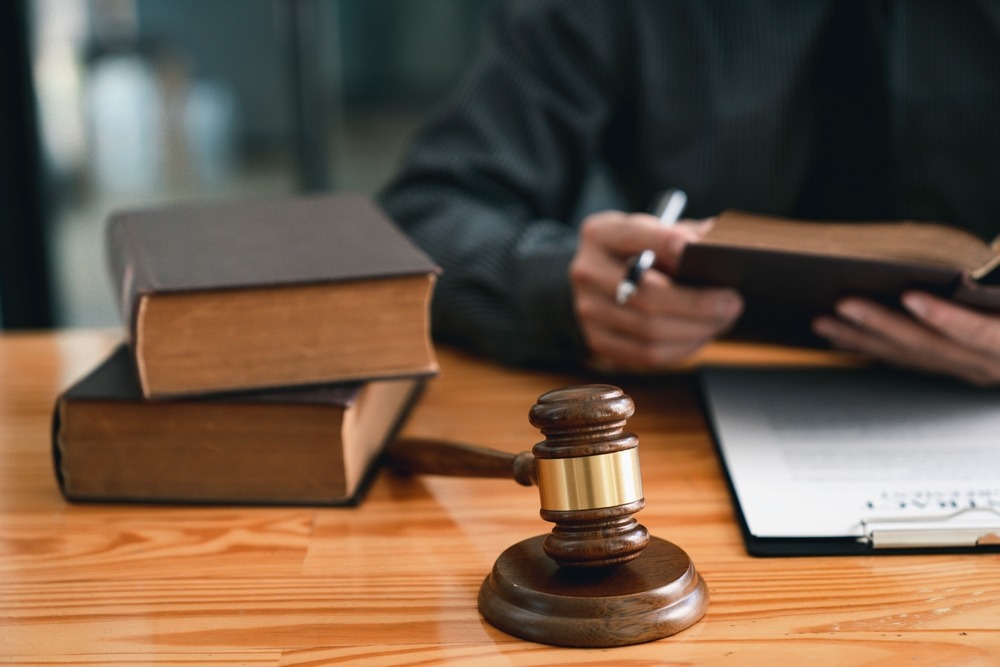Ever feel like privacy is a thing of the past? With all the cameras, tracking, and data collection going on these days, it can seem like Big Brother is watching your every move. But it doesn't have to be that way. We can still do things to take back some of our freedoms. In this article, we'll talk about practical steps you can take right now to protect your civil liberties better. We'll cover ways to enhance your privacy online and off, push back against surveillance overreach, and get more involved in advocacy groups fighting the good fight for human rights. Protecting human rights and freedom is worth fighting for; you have more power than you think. So read on to start taking back control.
Key Areas Where More Action Is Needed to Protect Rights
Free speech
Our freedom to express ourselves and voice our opinions is one of the most fundamental human rights. Censoring speech and limiting access to information pose serious threats. We must defend the right to free speech and be wary of laws that curb it under the guise of "hate speech" or "misinformation".
Privacy
Privacy is essential to individual freedom in an era of mass data collection and surveillance. Governments and tech companies have access to huge amounts of our data, which can be vulnerable to abuse and misuse. Strict laws are needed to protect citizens' privacy and limit how their information is collected, shared, and used.
Protesting injustice
The ability to protest injustice and advocate for change is how societies evolve. Peaceful protest and civil disobedience have been instrumental in advancing civil rights, equality, and democracy. Governments should not impose excessive restrictions on the right to protest or punish those who do so lawfully.
Personal autonomy
Individual freedom means little without personal autonomy - the ability to make our own choices about how we live. Laws dictating what we can do with our bodies, who we can marry, what we can consume, how we identify, etc., should not be tolerated. Our freedoms end where others begin - as long as we harm no one else, we should be free to live as we choose and we are fighting for your rights.
Protecting human rights and civil liberties is an ongoing battle, but one that is crucial for individual freedom and a democratic society. By defending these fundamental freedoms and resisting overreach, we help preserve them for generations to come. The price of freedom is eternal vigilance.
How Individuals Can Help Promote and Defend Human Rights
Right to Privacy
In an increasingly digital world, protecting people's privacy rights should be a top priority. Governments need to enact stronger laws against unauthorized surveillance and data collection. Companies that violate users' privacy or share personal information without consent should face strict penalties. Individuals also need to be more vigilant about their online security and cautious about what they share on social media.
Freedom of Speech
Censorship and restrictions on free expression are on the rise in many countries. To counter this, governments should repeal laws that curb people's right to voice dissenting or unpopular opinions. They must also take action against threats and violence aimed at journalists, activists, and others speaking out on important issues.
Equal Treatment
Discrimination based on attributes like gender, sexual orientation, religion, and race persists around the globe. Governments and organizations must strengthen anti-discrimination policies, enforce them rigorously, and promote inclusion and diversity. Harsher penalties are needed for hate crimes. Education campaigns can help address prejudices and stereotypes in societies.
Overall, protecting civil liberties and human rights requires constant effort and vigilance. But by focusing on key areas like privacy, free speech, and equal treatment, we can work to build a more just and equitable world for all. Incremental progress can lead to lasting change.

.jpg)




